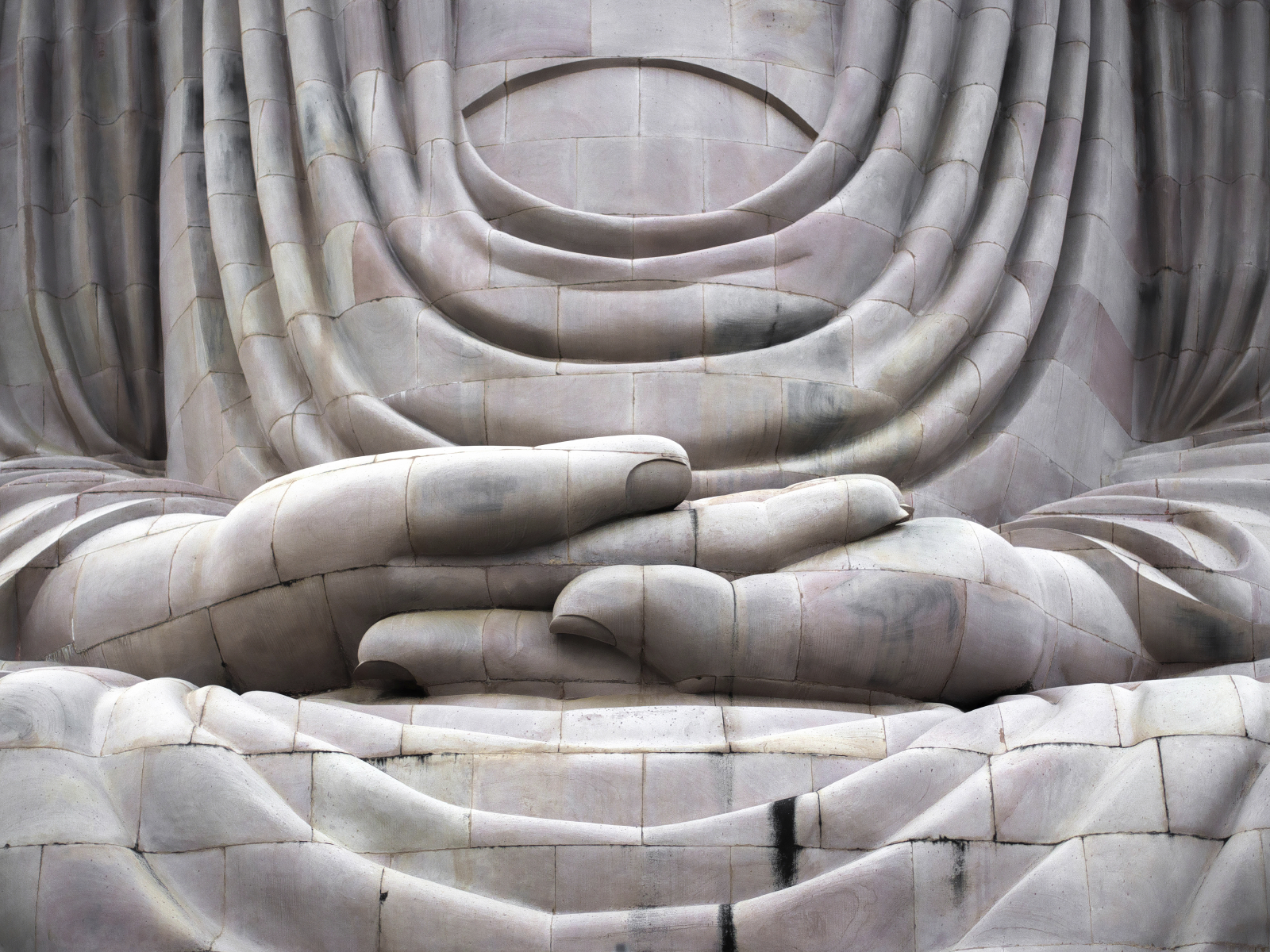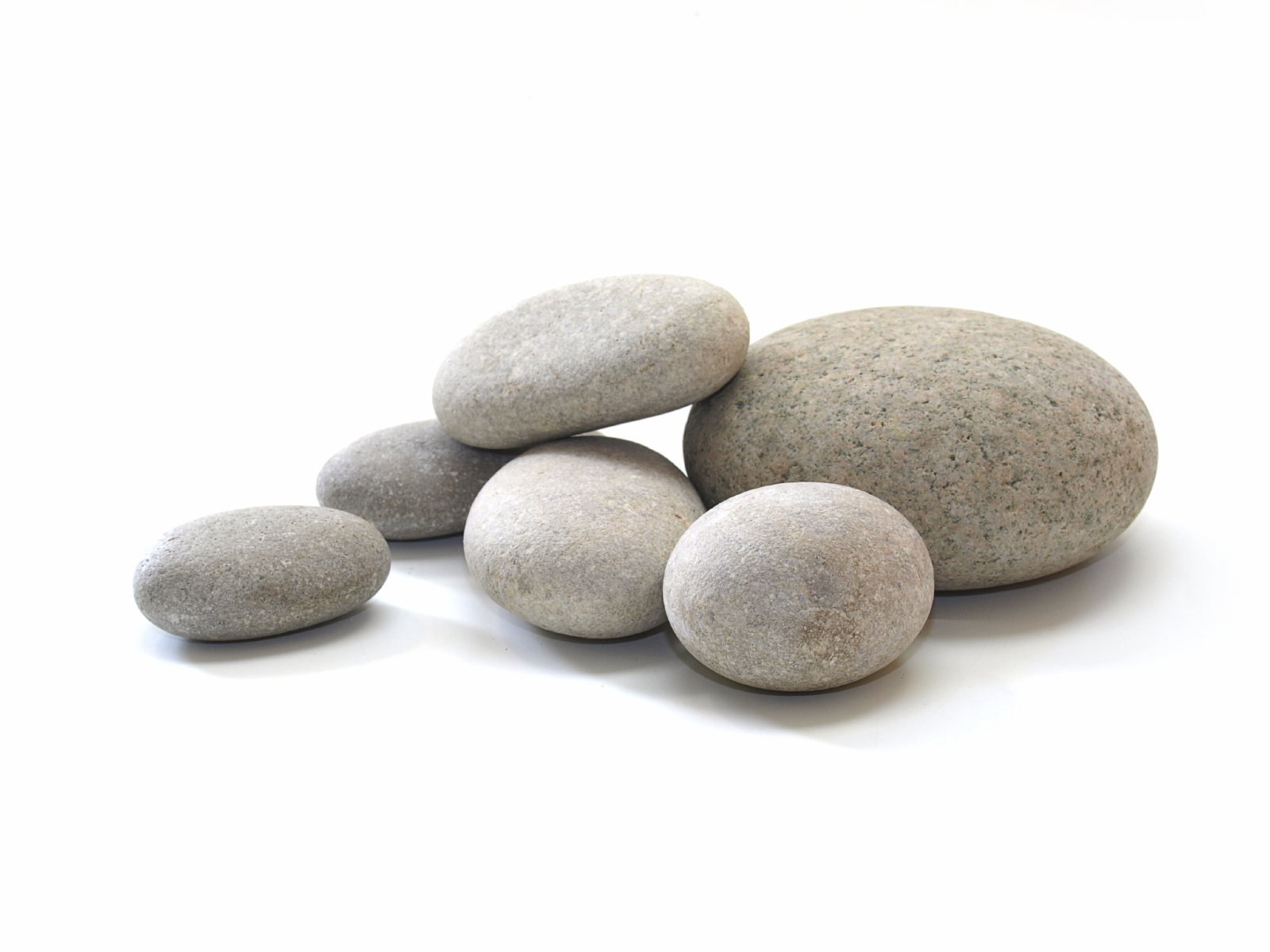Blessed with riches and possibilities far beyond anything imagined by ancestors who tilled the unpredictable soil of medieval Europe, modern populations have nonetheless shown a remarkable capacity to feel that neither who they are nor what they have is quite enough. Alain de Botton.
Continuing from my previous post, here’s the second installment in my series on Chronic Dissatisfaction and how to deal with it. Chronic Dissatisfaction (I call it CD to make it sound more friendly) stalked me for years. You’ll probably recognise it: Restlessness, needing more of something indefinable, feeling like you’re not there yet (but wondering where the hell there is), episodes of yearning for something you can’t quite name, wondering if there’s more to this life than what you’re currently living …
CD used to commandeer my ship all the time, but experience has now taught me to channel CD’s intensity, and smile at my nagging, fickle and distracted mind, rather than being bullied by obsessive striving. It wasn’t always that way. Dissatisfaction can and will work against you if you let it push you around. It can turn you against yourself with self-criticism and anxiety, or paralyse you into fear of failure if you believe the ‘nothing’s ever good enough’ hype and take it as a personal attack on you.
If you believe its pitch, CD can keep you stuck and seething in frustration that everything sucks, no matter how hard you run against the wind to make life great. It can make self-doubt the norm rather than a temporary lapse of confidence or a prompt for pause and reflection. At its most acute, CD can spiral into self-loathing or self-pity, or gradually morph into a general state of anxiety or depression. Unexamined or misinterpreted as something entirely abnormal, dissatisfaction can become dangerous to emotional wellbeing. I’ve come to realise that CD is not in fact, abnormal. It’s commonplace.
Dissatisfaction manifests differently for everyone but the core feeling is a common experience. I got to know my CD intimately from very early because I wasn’t like other members of my small family. I felt dissatisfied with much of what they saw as unquestionably normal, which caused a lot of self-doubt. Since I was the odd one out, everyone, including me, assumed that I must have something wrong with me to think life as I found it should be queried. I saw so much in the world that made little sense emotionally or didn’t seem just, but nobody around me seemed to feel strongly about it so I assumed I must have faulty ideas.
Apparently, according to multiple family sources, I thought too much. I was called overly-sensitive. I was irritatingly, inconveniently hard to please. I was sulky. I just didn’t fit in. That was the feedback I got for wanting more than what I saw as the mindless, suburban drudge that seemingly lay inevitably ahead.
Once I grew out of my family box and joined the wider world it was abundantly clear that I wasn’t alone after all. Time revealed to me that I did fit in and many people thought as much or more than I did about life, the universe and questioning the status quo. My younger cousins as they grew up, were very much like me. I see now we were part of a generational shift in values, awareness, and expectations about life. We were becoming more connected to a wider world and we felt empowered to think critically and make a difference to the state of things than many of our parents or grandparents had.
Unfortunately, by the time it dawned on me that I was not an outsider in the world, I’d already grown accustomed to seeing myself as someone who did life wrong. My brain ran a background program of CD with myself most of the time. ‘Not good enough’ was like a Velcro backdrop, on which hung a bunch of negative assumptions about myself. That sort of deep, old programming can take a bit of unpacking and dismantling as it seeps into all sorts of areas. It can often manifest as perfectionism.
In fact, CD and perfectionism have many of the same family traits – the good ones, like striving to excel and the bad ones, like being painfully hard on yourself. It’s a scary opponent to deal with when it bluffs you into fear or anxiety like an internal stand-over guy. However, you can make CD an ally in your life and benefit enormously from its energy, when you know how. In fact, it can be rocket fuel for achievement when you know how to handle it, without blowing yourself up.
The first thing to do, if you suffer with CD, is to put it into perspective by understanding that you are so normal to feel it. There is a rich and varied history of CD throughout the ages, and across cultures. In fact, CD is part of the human condition that’s gone by many names over the centuries.
Let’s break it down a little.
K.D. Lang called it ‘constant craving that’s always been.’ In its variously nuanced manifestations CD has been called ‘Ennui’ – a restless, uncomfortable kind of boredom; or it might be called ‘Existential Angst’ when CD is experienced as flat musing over life, death and a fear that the whole shebang might be meaningless.
Then, I’ve read about Weltschmerz – a German term, said to describe times when CD is focused on the state of the world and characterised by a sense of powerlessness and world-weariness – perhaps the way many of us feel about world politics and some leaders.
When it hangs around for a long time, flat and bereft of much energy, CD can sit dangerously close to the edge of depression and like depression; it may carry a good measure of anger at its core.
Call it by any name, here’s the thing I’ve learned:
Fighting CD is a waste of energy.
You must run with it. Turn it into a personal battery for insight into yourself and for fueling your growth – a battery that’s probably never going to run completely dry!
Add to your CD the power of your frustration, even anger, about it in ways that don’t hurt you or anybody else, and your growth can be turbo charged.
It’s possible and in fact, it’s vital, that we turn CD around from imprisoning misery into a force for motivation, direction and insight. Dissatisfaction can become a voice that unearths and empowers your passions and desires – instead of keeping you lost, empty, howling for the moon, but it takes a little understanding and self-awareness.
Before we look more deeply in coming posts at resolving dissatisfaction into a tool for your evolution, it’s important to define what success would look like to you. It’s difficult to get to a better place if we haven’t defined where that is.
Would it be called satisfaction?
Satisfaction can come across as a kind of lukewarm word, unlike passion, excitement, or excellence.
Do we tend to see satisfaction as an insipid state we don’t care for much, as a culture?
Could an unappealing cultural definition of satisfaction, on top of all our personal stuff, helps to keep us stuck in bouts of CD?
I suspect that increasingly unrealistic cultural values around wealth, looks, sexiness, fame and the other common extrinsic goals that apparently constitute success, have paved a multi-lane, highway straight to Dissatisfaction City. Wherever you’re travelling from, it’s hard to miss the turnoff to that all-pervasive town. No wonder its population is ever increasing as more global citizens are awestruck from afar by the riches their brothers and sisters in other towns take for granted.
In cultures largely motivated by striving and craving to be rich, famous, be seen, be beautiful, have the most, win and be a ‘success’, is it just too uncool to say that you’re satisfied with your life?
Is that one of the reasons so many of us suffer from bouts of CD – because satisfaction is culturally regarded as a lazy, complacent, cop-out?
This Chronic Dissatisfaction Series continues with an exploration of what it means to feel ‘satisfied’ in today’s world (Is it possible, or even desirable?) and how to deal with nagging dissatisfaction in ways that support you rather than hold you back. x
Want to go deeper?
Meanwhile you can go deeper with my book Lovelands in good bookstores, or Amazon and Audible.





